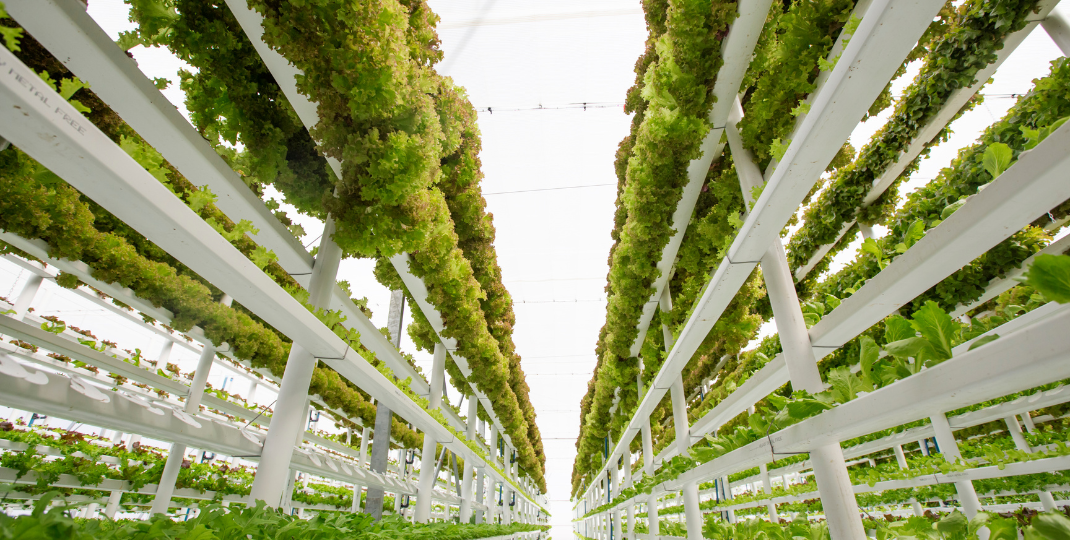Recombinant Protein Synthesis is a powerful technique used in molecular biology to produce large quantities of specific proteins for various research and industrial purposes. By manipulating the DNA sequences encoding the desired protein, scientists are able to introduce them into host cells, such as bacteria or yeast, which then act as bio-factories to produce the protein of interest. This process allows for the production of proteins that are otherwise difficult to obtain in natural sources, enabling researchers to study their structure, function, and potential applications in fields ranging from medicine to agriculture. Recombinant Synthesis has revolutionized the field of biotechnology and continues to play a crucial role in advancing our understanding of biology and developing new therapeutics.

What is the cost involved in recombinant protein synthesis?
The cost involved in Recombinant Synthesis can vary depending on several factors. This includes the complexity of the protein being produced, the scale of production, the laboratory equipment and reagents required, and the expertise and time needed for the process. Additionally, other costs such as purification, quality control, and downstream processing may also contribute to the overall expense. Overall, Recombinant Synthesis can be a costly endeavor, especially for large-scale production or when dealing with complex proteins, but advancements in technology and optimization strategies have helped reduce costs over time.

How long does it take to synthesize a recombinant protein?
The time required to synthesize a recombinant protein varies depending on multiple factors such as the complexity and size of the protein, the expression system being used, and the efficiency of the purification process. Generally, it can take anywhere from a few days to several weeks to obtain a purified recombinant protein, including the steps of cloning, protein expression, and purification.
Are there any regulatory requirements or approvals needed for commercial production of recombinant proteins?
Yes, there are regulatory requirements and approvals needed for the commercial production of recombinant proteins. The process involves multiple steps, such as gene cloning, expression in host organisms, purification, and formulation. Regulatory authorities, like the Food and Drug Administration (FDA) in the United States or the European Medicines Agency (EMA) in Europe, have established guidelines to ensure the safety, quality, and efficacy of these products. Companies seeking approval must submit detailed data on manufacturing processes, product characterization, preclinical and clinical studies, and risk assessments, among others. The regulatory bodies review this information to evaluate the product's safety, purity, potency, and consistency before granting approvals for commercial production and marketing.
What is the market demand for recombinant proteins?
The market demand for recombinant proteins is high due to their wide range of applications in various industries such as pharmaceuticals, biotechnology, diagnostics, and research. Recombinant proteins are produced through genetic engineering techniques, allowing for the production of large quantities of specific proteins with high purity and consistency. These proteins are essential for drug development, gene therapy, vaccine production, and studying protein functions. The increasing prevalence of chronic diseases, the growing demand for personalized medicine, and advancements in biotechnology are driving the market demand for recombinant proteins.
How does the cost of Recombinant Synthesis compare to traditional methods of protein production?

The cost of Recombinant Protein is generally higher compared to traditional methods of protein production. Traditional methods often involve isolation and purification from natural sources, which can be relatively cost-effective. On the other hand, Recombinant Synthesis involves the use of genetically modified organisms, such as bacteria or yeast, to produce large quantities of the desired protein. This process requires specialized equipment, media, and genetic engineering techniques, which contribute to the increased costs associated with Recombinant Synthesis. However, the scalability and control offered by Recombinant Synthesis make it a preferred choice for producing large amounts of specific proteins with high purity and consistency.

What are the potential financial risks associated with investing in Recombinant Synthesis technologies?
Investing in Recombinant Synthesis technologies can involve several potential financial risks. Firstly, there may be high upfront costs associated with research and development, as well as setting up the necessary infrastructure for production. Additionally, there is a risk of technological obsolescence, as advancements in biotechnology could render existing methods less effective or efficient. Moreover, market demand and competition can impact the profitability of these investments, with uncertain uptake and pricing of the synthesized proteins. Regulatory and ethical considerations also pose risks, as changes in regulations or public sentiment towards genetically modified organisms can affect the viability of these technologies. Overall, investing in Recombinant Synthesis technologies requires careful analysis of these financial risks to make informed investment decisions.
Are there any intellectual property considerations or licensing fees associated with Recombinant Protein Synthesis?
Yes, there are intellectual property considerations and licensing fees associated with Recombinant Synthesis. Recombinant proteins are often created by using genetic engineering techniques to express genes in host organisms such as bacteria or yeast, and these engineered organisms may be protected by patents. Licensing agreements may be required to use these patented organisms or processes, and fees may be associated with obtaining the necessary licenses. Additionally, if a specific protein or its related applications are patented, licensing fees may also be required for their commercial use. Therefore, it is important for researchers and companies involved in Recombinant Synthesis to consider and comply with intellectual property rights and licensing requirements.

What is the potential return on investment for companies involved in Recombinant Synthesis?

The potential return on investment for companies involved in Recombinant Synthesis can be significant. By leveraging advanced biotechnological techniques, these companies can produce large quantities of high-quality proteins with diverse applications, such as pharmaceuticals, diagnostics, and industrial enzymes. This enables them to tap into lucrative markets and generate substantial revenue streams. Additionally, the ability to customize and optimize protein production processes allows for improved efficiency and cost-effectiveness, further enhancing the potential return on investment.
Recombinant Synthesis: A Breakthrough in Biotechnology
In conclusion, Recombinant Synthesis has revolutionized the field of biotechnology and played a crucial role in the production of therapeutic proteins, vaccines, and enzymes. This technique enables scientists to manipulate DNA sequences and express desired proteins efficiently in host organisms like bacteria or yeast. Recombinant Synthesis offers numerous advantages such as scalability, cost-effectiveness, and the ability to produce complex proteins that were previously challenging to obtain. With continued advancements in genetic engineering and protein expression systems, Recombinant Synthesis holds great promise for addressing various medical, agricultural, and industrial challenges, ultimately improving human health and quality of life.
